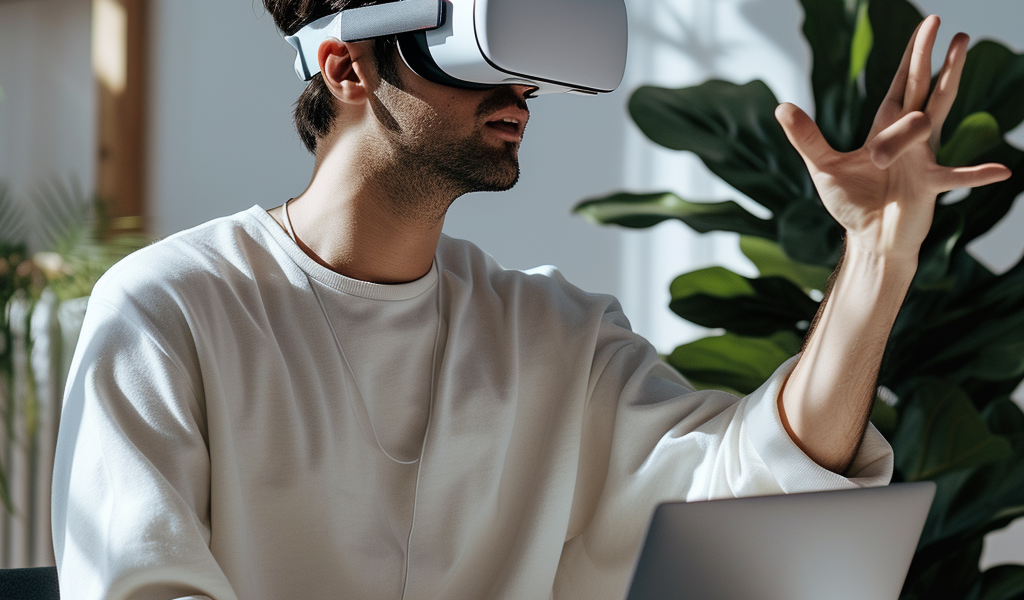Apple has recently unveiled a new VR/AR headset, signaling a push towards spatial computing. This innovative technology has the potential to revolutionize the way we interact with computers. While the current physical limitations, such as size, battery life, and cost, pose challenges, the underlying concept is undeniably compelling.
In an ideal scenario, spatial computing would seamlessly integrate computing capabilities into everyday accessories, akin to Tony Stark’s smart glasses in the Iron Man movies. Although this may seem like a distant possibility, technological advancements could soon turn this vision into reality.
Chromebooks and ChromeOS could play a significant role in the advancement of spatial computing. The key to wearable technology’s widespread adoption lies in its compactness and self-sufficiency. Just as VR headsets have evolved to become wireless, face-mounted computing devices would need to operate independently without tethering to external devices.
As we witness the evolution of VR headsets, particularly with the untethered experiences offered by devices like the Oculus Quest 3, it becomes evident that self-sufficient computing devices are the future. Chromebooks, with their lightweight and efficient ChromeOS, could be well-positioned to embrace spatial computing and drive its integration into our daily lives.





